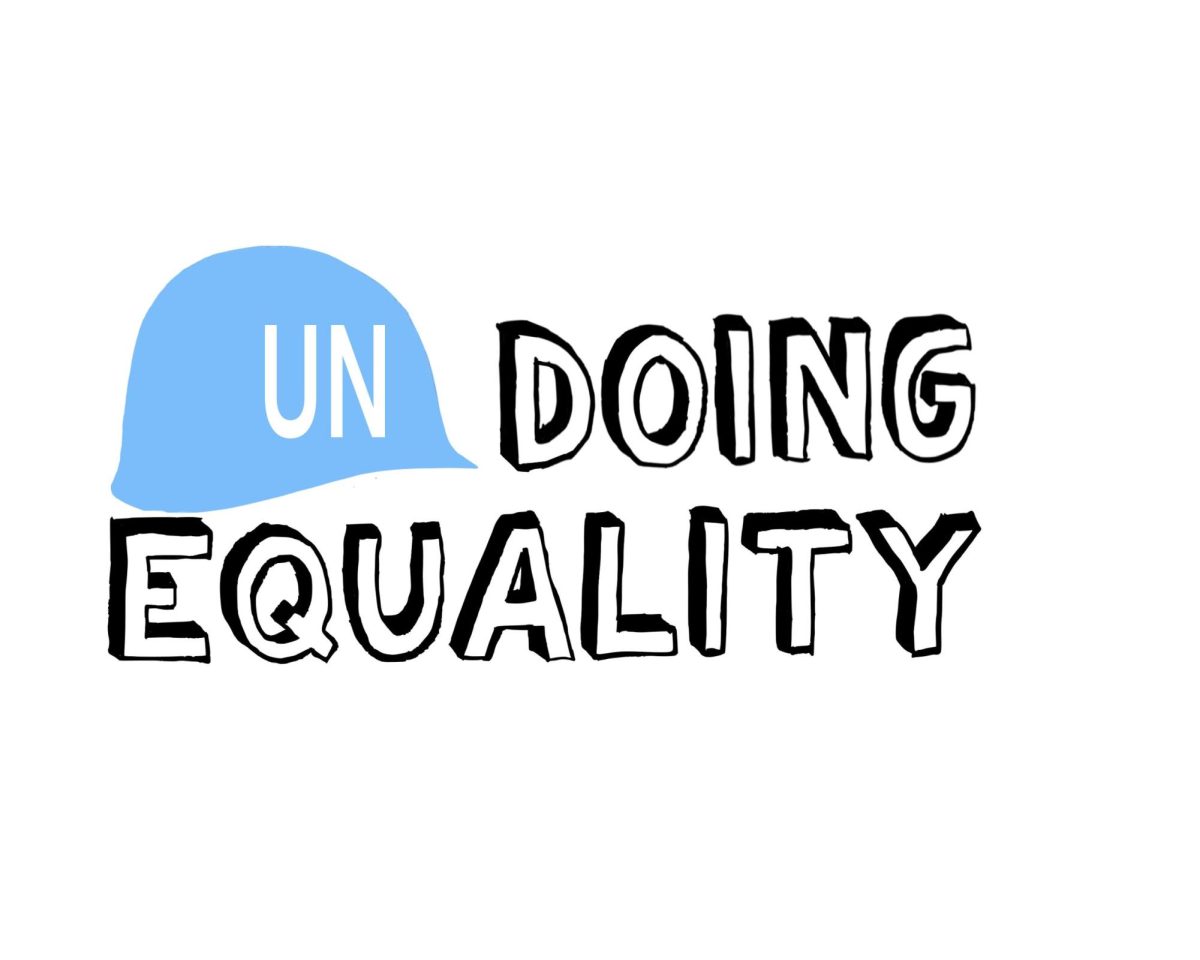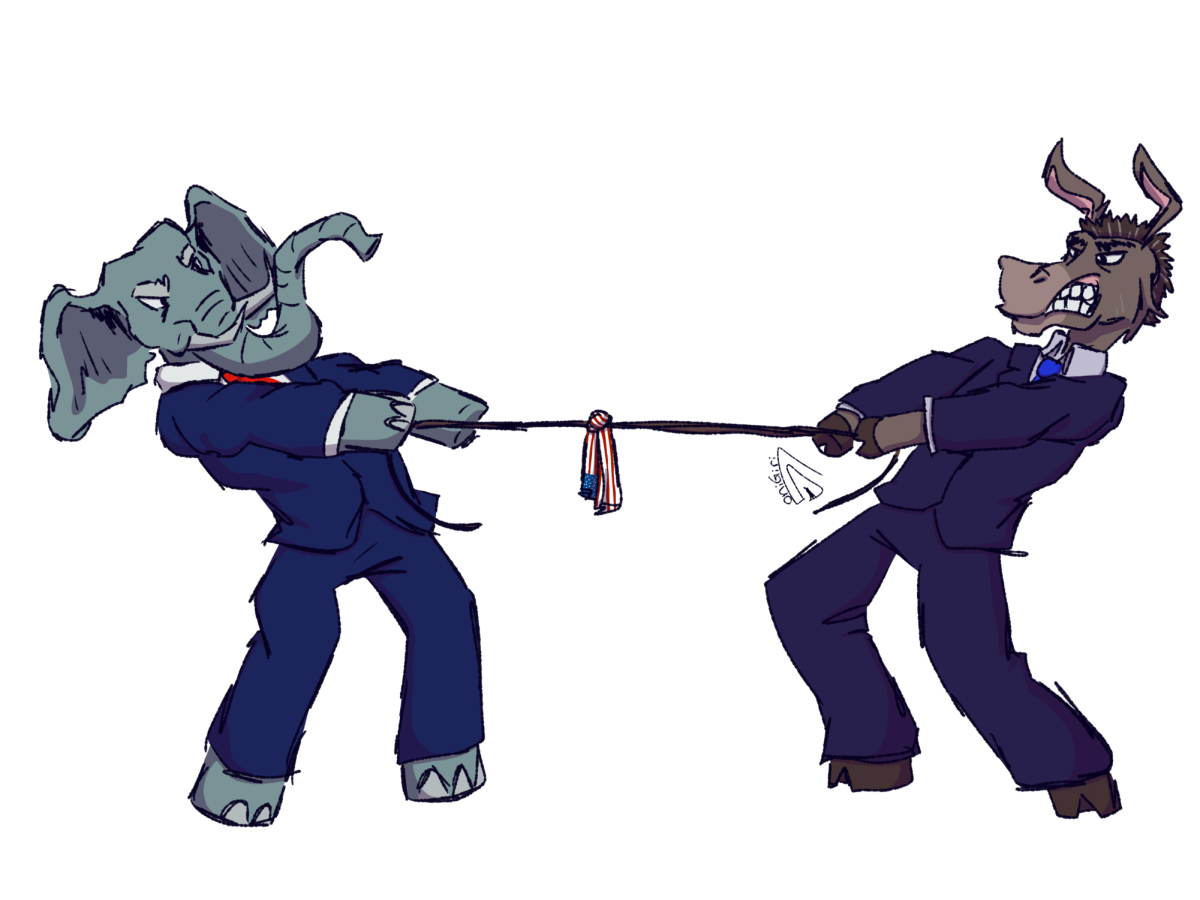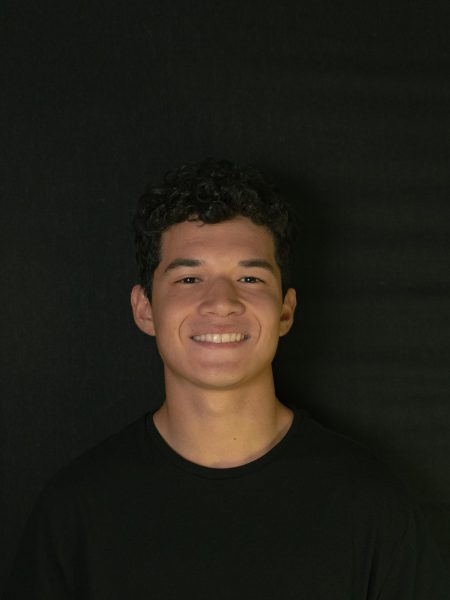Dark room, bright screen, 2 p.m., but you still have pajamas on and are in bed. You hop onto the third Zoom “class” of the day to use as background noise while you do something else, anything else. When the world falls apart before your eyes, rarely will education find itself at the top of today’s priority list, and while the taste of forgone academic success lingers in your mouth, you just cannot bring yourself to do it anymore.
The COVID-19 pandemic took a piece of everyone, whether it be the loss of a loved one, the experience of fighting to survive the pandemic or even just wasted opportunities. Education was not excluded from the detriments that the pandemic caused. Students were forced into a labyrinth of technological adaptation. Technology, a solution promised to us by our seniors, sought to fight against adding education to the list of things lost to the pandemic. The switch to online learning was seen as a hail mary, the untested and obvious solution to the problem that needed urgent fixing, yet its shortfalls became obvious almost immediately. Many teachers struggled while learning to utilize new software, like Google Classroom and Zoom, resulting in inefficient use of said software, and students who already disliked school failed to see a reason to participate in these online lessons when consequences seemed meek.
The switch was drastic and not adequately adjusted to foster an effective shift; educators and students were simply handed a solution and told to figure it out. Online learning was a complete 180 from in-person teaching. Classes went from places of intellectual promotion to intervals of staring blankly at a screen. A reliance grew to utilize boring, monotonous “busy work” class programs that were agonizingly premade and computer-graded. The union between students to compete and cooperate, the personality of the instructor that shone through in their teaching and the comfort of eye contact, body language and facial expressions when conversing were all left behind when we switched to online schooling. Undeniably, learning was modified in such a way that absolutely impeded students ability to effectively learn.
Even worse is that access to this lackluster education was not even guaranteed. Like many other systems in place today, the online education format benefited the wealthy. Economically-challenged students suffered from limited or no internet access, lack of adequate electronics and, at times, no time because they needed to work to even survive through the pandemic. Education during the pandemic only worked to exacerbate economic inequality through a loss of the ability to even access a form of education.
This addresses the question of why online meetings and programs were chosen as the preferred learning modality to switch to. While tech has undoubtedly advanced every facet of our modern living, it is not a cure all. Less technologically reliant forms of schooling, all of which also came with their own shortcomings, had the potential to be offered as more inclusive alternatives, yet many students felt shunned by the fact that they were overlooked by the boards made to protect their education. Education, the promised escape from poverty, came to fall under the same paywall that everything else in life was locked by.
The effects of the pandemic cannot be overstated, and more research on the effects it had on students is needed to fully acknowledge the situation. While pandemic schooling programs were obviously rushed, online schooling has always had potential. However, to be an effective medium, it must be researched and tested more extensively to be used practically and effectively. Moving forward, society must not rest on its laurels, but move to remedy issues caused by the past and improve to prevent the necessity of future remedies.











